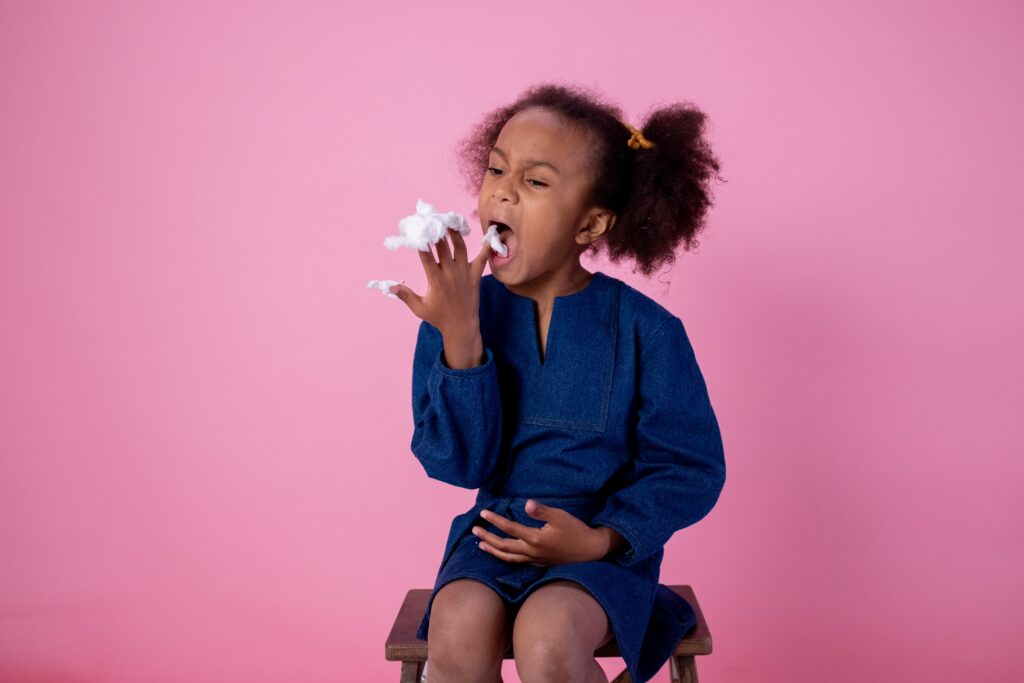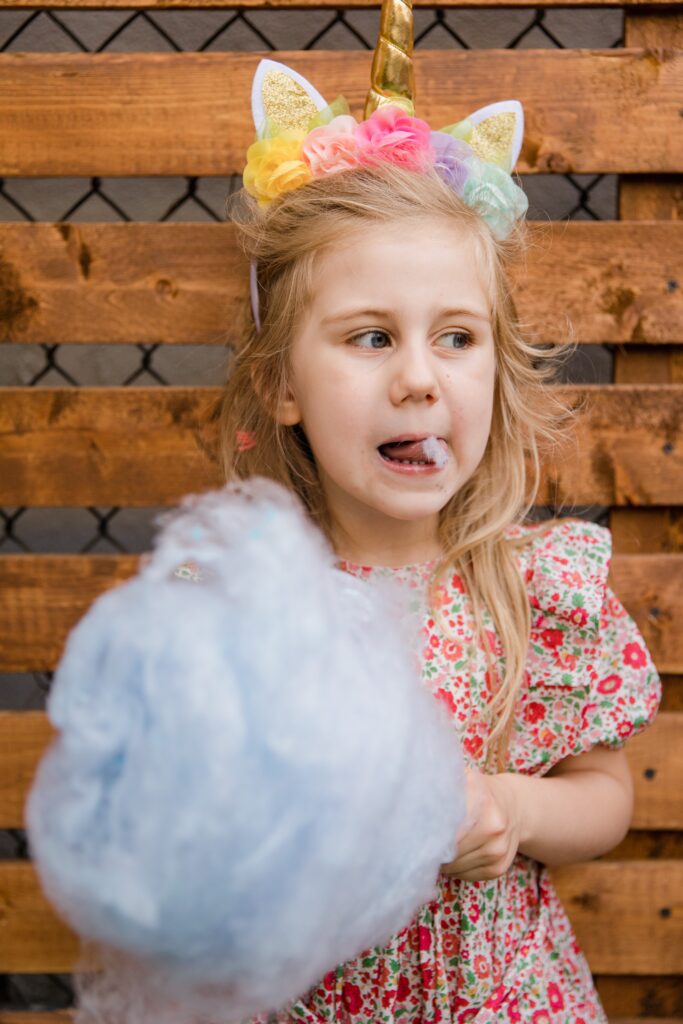Can dogs eat cotton candy? As a dog owner, you may be wondering if it’s safe to feed cotton candy to your furry friend. While it may be tempting to give your dog a sweet treat, there are a few important things to consider before doing so.
What is cotton candy made of?
First and foremost, it’s important to understand what cotton candy is made of and what it contains. Cotton candy is a sugary treat made from spun sugar that is usually tinted with food coloring. It’s important to note that cotton candy contains high levels of refined sugar, which can be harmful to dogs, especially if consumed in large amounts.

Xylitol Toxicity in Dogs
In addition to refined sugar, some cotton candy ingredients may also be toxic to dogs. For example, some types of cotton candy are made with artificial sweeteners like xylitol, which can be extremely dangerous and even fatal to dogs. Xylitol toxicity can cause a rapid insulin release, leading to low blood sugar levels that can be life-threatening. If your dog eats cotton candy made with xylitol, you should contact your veterinarian or the pet poison hotline immediately.
Even if the cotton candy doesn’t contain xylitol, it’s still important to be cautious when giving it to your dog. Eating cotton candy can lead to weight gain, tooth decay, and other health issues. In addition, the cotton candy wrapper can also be a choking hazard, so it’s important to dispose of it properly.
My Dog Ate Doritos: Here’s What You Need to Know
Can Dogs Eat Cotton Candy Grapes?
While cotton candy grapes may seem like a healthier alternative to regular cotton candy, they still contain high levels of sugar and should not be fed to dogs. Grapes can also be toxic to dogs and can cause kidney failure in some cases.

What Should You Do if Your Dog Ate Cotton Candy
If you suspect that your dog has eaten cotton candy or any other food that may be harmful to them, it’s important to take action immediately.
Here are some steps you can take if your dog has eaten cotton candy:
Check the ingredients
If you have the cotton candy wrapper or know the ingredients used to make it, check to see if it contains xylitol or any other toxic ingredients. If it does, contact your veterinarian or the pet poison hotline right away.
Watch for symptoms
Keep an eye on your dog for any symptoms of xylitol toxicity or other health issues. Symptoms may include vomiting, diarrhea, lethargy, loss of coordination, seizures, and low blood sugar levels. If you notice any of these symptoms, seek veterinary care immediately.
Remove the wrapper
If your dog has also eaten the cotton candy wrapper, it’s important to remove it from their mouth or throat if possible to prevent choking. If your dog is having difficulty breathing, seek emergency veterinary care.
Encourage water intake
If your dog has eaten cotton candy, encourage them to drink plenty of water to help dilute any harmful substances and prevent dehydration.
Consult with your veterinarian
It’s always a good idea to consult with your veterinarian if your dog has eaten something they shouldn’t have. They can provide guidance on what steps to take and may recommend monitoring your dog’s blood sugar levels if xylitol toxicity is suspected.
If your dog has eaten cotton candy, it’s important to act quickly to prevent any potential health issues. By taking the appropriate steps, you can help keep your dog safe and healthy.

So, Can Dogs Eat Cotton Candy?
So, can dogs eat cotton candy? The answer is no, it’s not safe to give your dog cotton candy. Instead, consider giving your dog a treat specifically made for dogs or even a small piece of dog food as a reward. It’s important to prioritize your dog’s health and well-being by avoiding foods that can be harmful.
Always consult with your veterinarian if your dog is experiencing any symptoms after eating cotton candy or any other potentially toxic food. By taking care of your dog’s diet, you can help ensure their overall health and well-being.

Pingback:Can Dogs Eat Poppy Seeds? Read About the Risks - Pet Snacking
Pingback:Can Dogs Eat Skittles? What You Need to Know - Pet Snacking